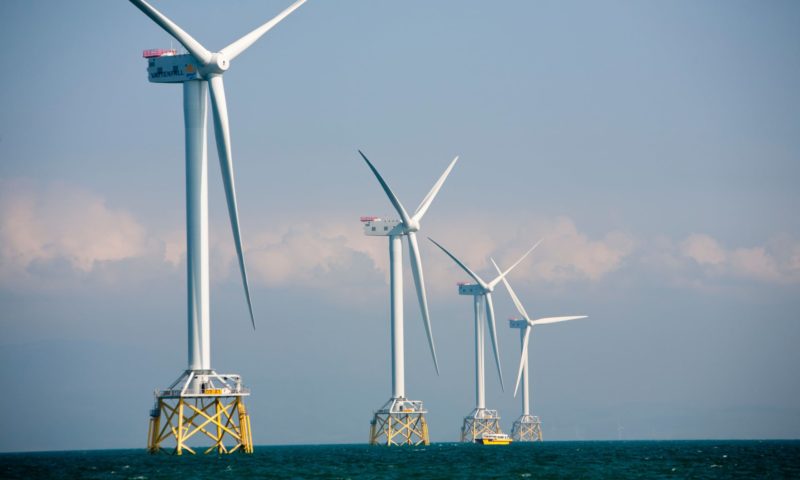Rebecca Long Bailey MP Putting Salford and Eccles First
Tackling the environment and climate emergency will require the UK to reimagine its entire economy – so that it works for the many, not the few, long into the future.
Nothing less than a Green Industrial Revolution will do.
Where I grew up, visits to Manchester’s Science and Industry Museum were a staple rainy-day activity. I remember the clanking of the huge, iron waterwheel and being amazed by its power. It was the plentiful rain, I was told, and the ingenuity of those behind the technology that powered the mills that ushered in the first industrial revolution, bringing Manchester and Salford into existence.
I remember thinking: if this is how far we’ve come in 200 years, what’s the future going to look like?
But the future is no longer such a rosy place, as those who saw David Attenborough’s Climate Change: The Facts earlier this month will have realised. If you see a scientist on TV these days, they’re probably talking about the perilous state of our climate and the threat to our planet’s living systems. From the Intergovernmental Panel on Climate Change to the Met Office to Nasa, some of the greatest minds of our generation are modelling the future, and their conclusions are stark.
If we’re going to turn this around – and we have no choice but to turn this around – we’ll have to start by acknowledging this for what it is. Last month Labour’s shadow environment secretary, Sue Hayman, declared an environment and climate emergency on behalf of our party. Labour councils have been doing the same. And this Wednesday, Labour is leading the charge for the UK parliament to be the first in the world to formally recognise the climate emergency.
That is why Labour is calling for a green industrial revolution. Just as a new generation of democratic socialists in the US are calling for a Green New Deal, we too must draw on our history for inspiration, and appeal to the collective achievements of the past to find a way through to what will be our greatest achievement.
The green industrial revolution will also bring tremendous economic opportunities. It is estimated that the energy from deep-water turbines in the North Sea could provide four times Europe’s entire electricity demand. This could be built and delivered from the UK – just like that old waterwheel.
And this is not just about jobs. The green industrial revolution will make our cities livable, our natural spaces rich and alive, and our own lives satisfying and secure. It must tackle class, race, gender disparities – and deliver climate justice not just in the UK but around the world.
This will not happen by itself. We will need a government that is truly representative and responsive to the public interest, willing to invest to safeguard our future, as well as unashamedly interventionist. We will need modern and participatory democratic institutions, rolling back the privatisations that have led to rip-off energy and public transport costs. Ultimately, tackling the environment and climate emergency will require the UK to reimagine its energy system, transport, agriculture, housing – its entire economy – so that it works for the many, not the few, long into the future.

